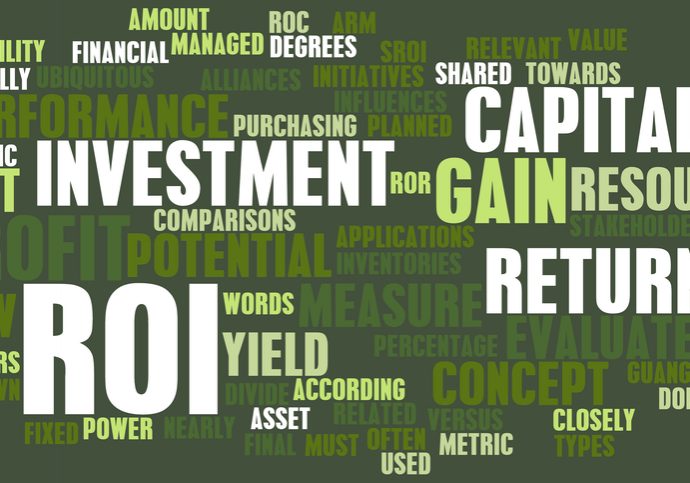Property Loans

There are many types of property loans depending on whether you are looking to finance a commercial or residential property, whether the property purchase is an investment or for personal use, or if the property purchase is by an individual, company, trust or even SMSF. Whatever your property loan requirements, the Business Finance Centre can find you a loan style and lender to best fit your needs.
For more information refer to Types of business loans and what business owners want.
Residential Property
A loan given by a bank or non-bank lender for the purchase of a primary residence/ home or investment property.A home mortgage will have either a fixed or variable interest rate, and will either be interest only or P&I (Principle and Interest). This is a very competitive market with many lenders and a wide range of interest rates and options depending on your requirements. It is important to regularly review your residential mortgage loan rates and terms to ensure you continue to get the best option for your needs.
When it comes to home loans there are five key areas you need consider:
- Loan type: What type of a buyer are you?
- Interest rates: what type of rate do you want?
- Fees: uncover hidden costs and learn how to minimise them
- Features: do you need a flexible home loan?
- Loan size: how much should you borrow?
Commercial Property
A mortgage style loan secured by a commercial property. Commercial property refers to any income-producing real estate that is used solely for business purposes, such as retail centres, office complexes, hotels and apartments.
For more information refer to Commercial Property Loan – Important things to know!
SMSF (Self-Managed Super Fund)

Since 2007 superannuation laws have allowed a SMSF (Self-Managed Super Fund) to borrow money in order to purchase an investment asset, as long as a strict set of rules are followed.
SMSF borrowing rules (courtesy of http://www.smsfinstitute.com.au/)
- The asset that your fund purchases with the borrowed money must be a single acquirable asset as defined by superannuation law. This generally means that the borrowed money can only be used to buy one property, or in the context of shares, a parcel of identical shares in the same company (acquired at the same time).As a result, a SMSF cannot buy several properties under the one borrowing arrangement. Similarly, borrowed money cannot be used to buy a share portfolio investing in shares across different companies – this is part of the reason why borrowing to buy shares through an SMSF has not been popular.
- Where a SMSF has borrowed money to buy an asset, this asset cannot generally be improved upon nor replaced while the loan is still outstanding. This means a SMSF cannot borrow to facilitate a property development. Similarly, because assets cannot be replaced, share investments cannot be actively traded – another reason why borrowing money to buy shares through an SMSF has not been popular.
- In order to ensure that borrowing through your SMSF does not place other retirement investments held in your SMSF at risk, the asset that is purchased under a borrowing arrangement must be held in a specific holding trust until the loan is repaid. Further, the only SMSF asset that can be used as security for this loan is the asset that is held within this trust – hence the name Limited Recourse Borrowing Arrangements – which helps to protect other assets held inside your SMSF.
It is generally recommended that you consult your financial advisor and accountant before making any decisions to borrow within a SMSF.
Property Development Loans

The Business Finance Centre can help you source bank or non-bank financing options for your property development project. Property development finance options are available for many development options including the construction of residential, commercial and industrial property developments, and land subdivisions. Loan options can include;
- $1+ Million and above
- Lend up to 65% LVR
- Lend up to 100% of construction costs covered
- Pre sales not always required
